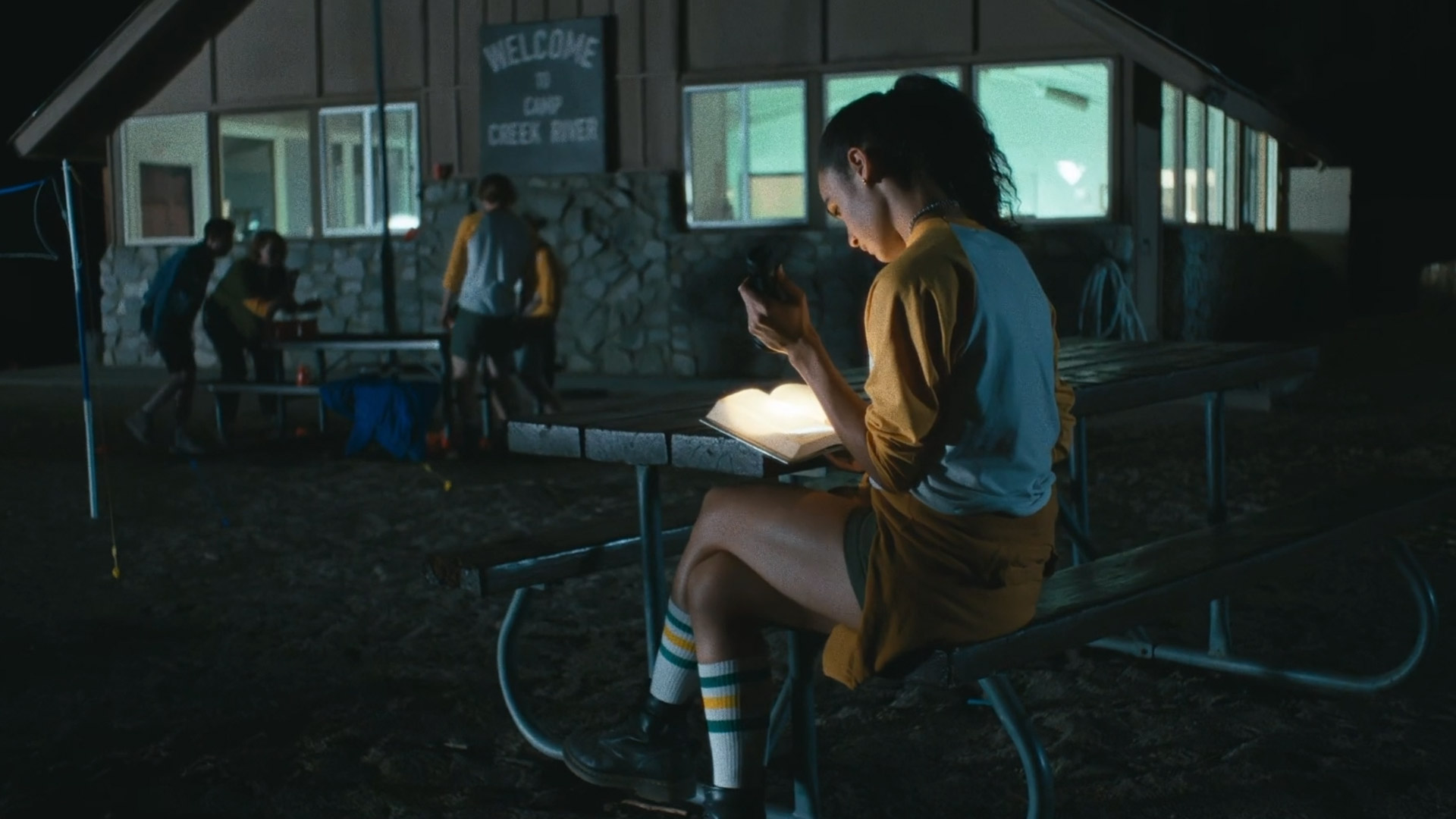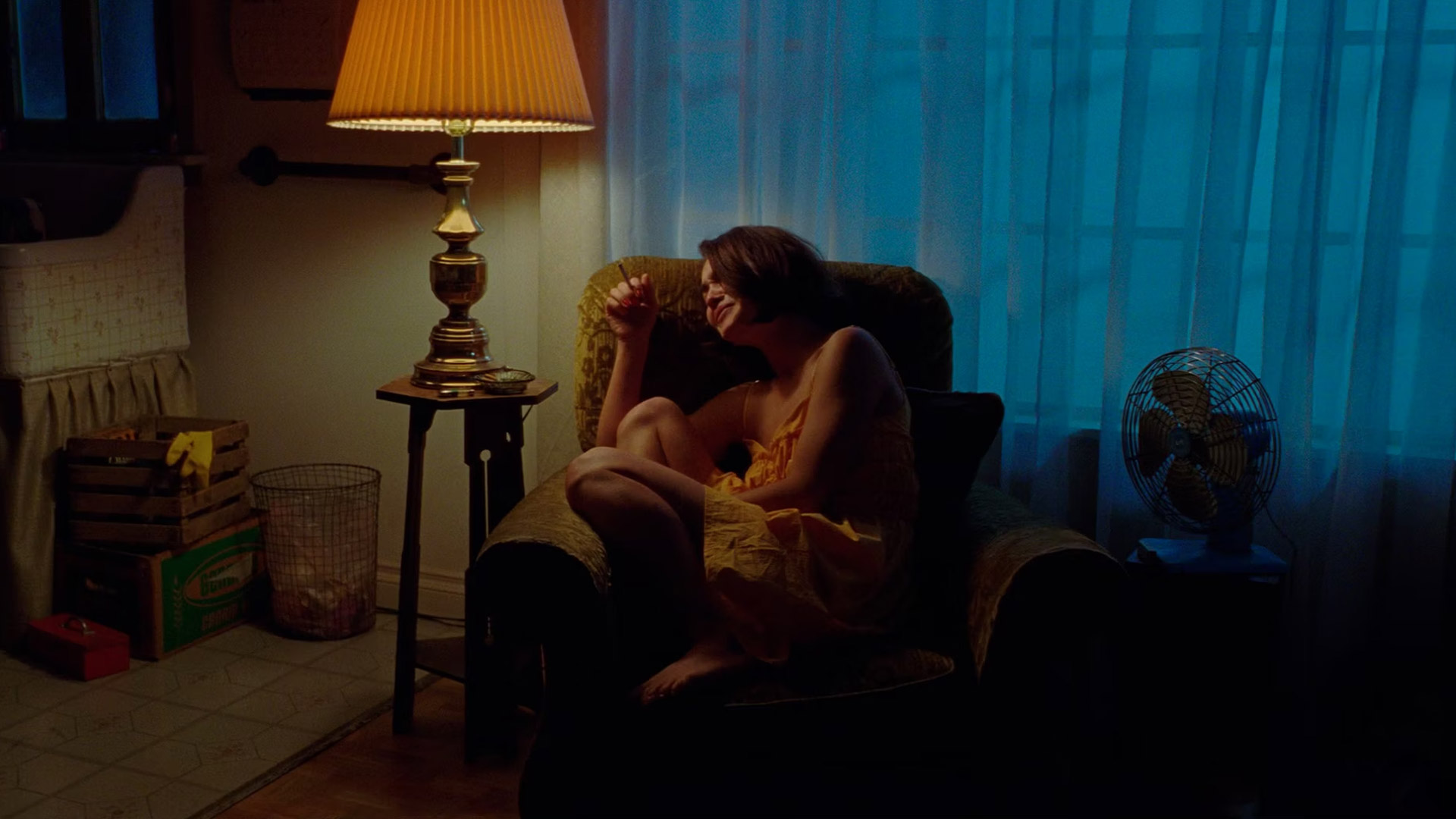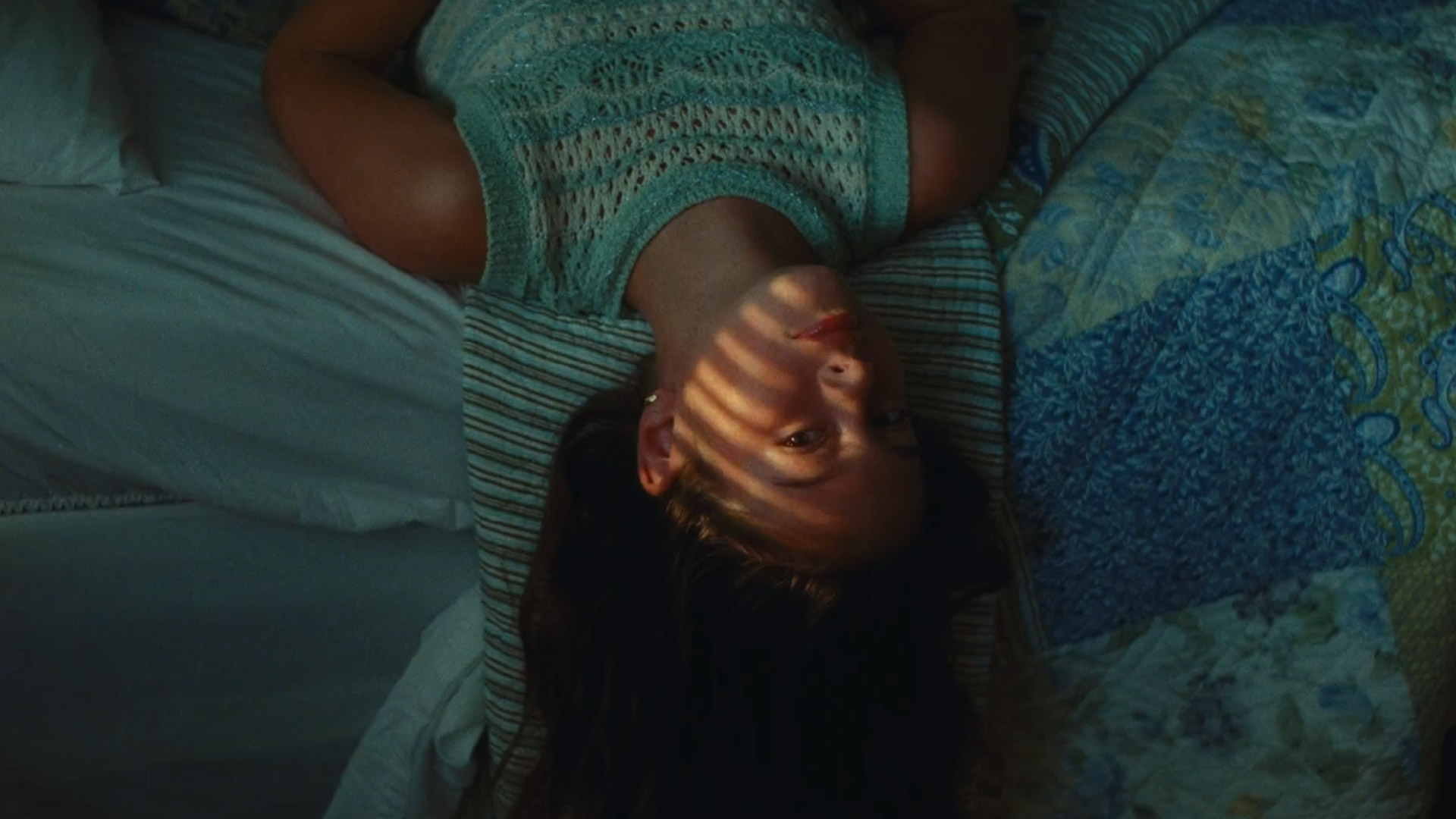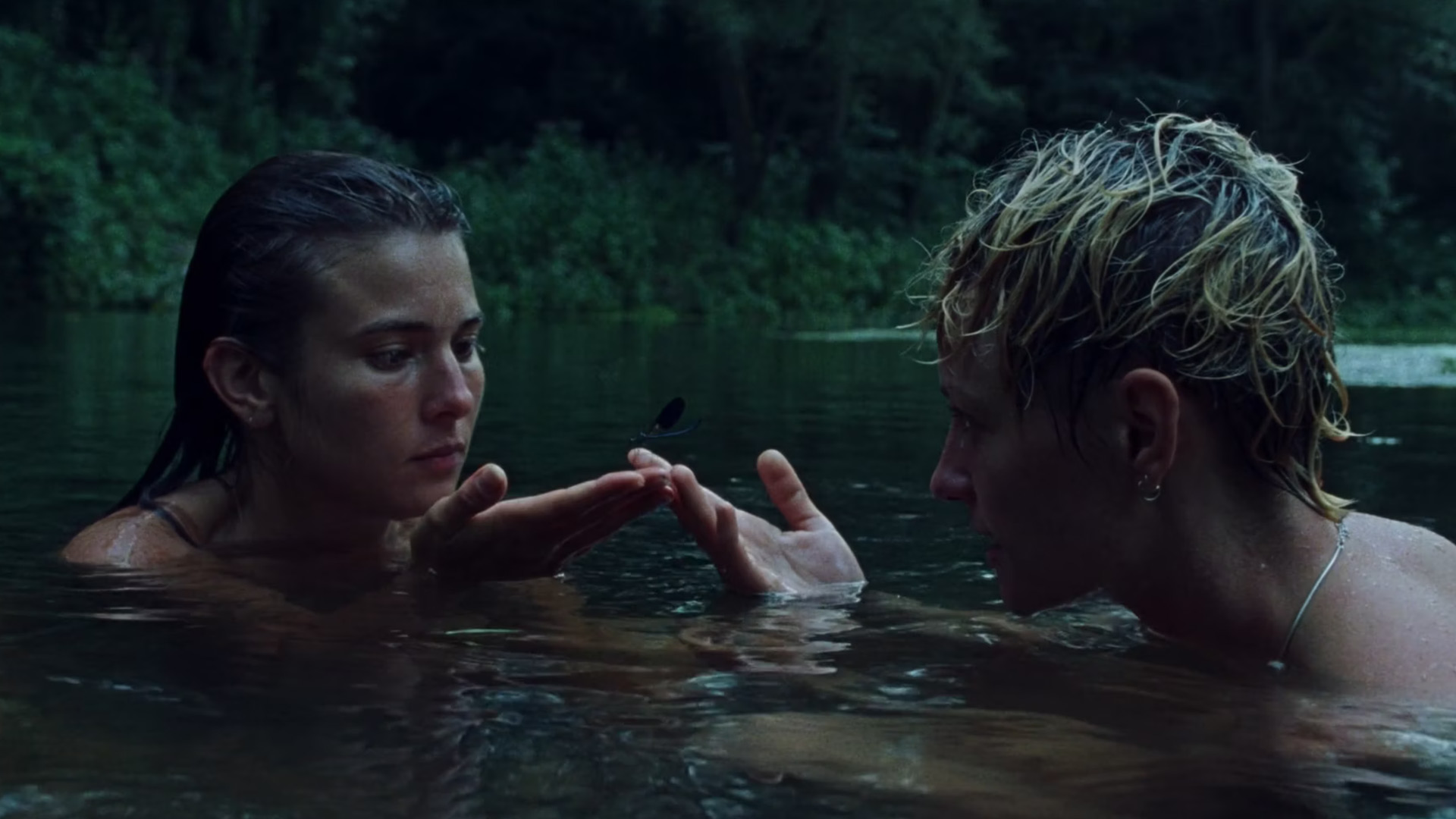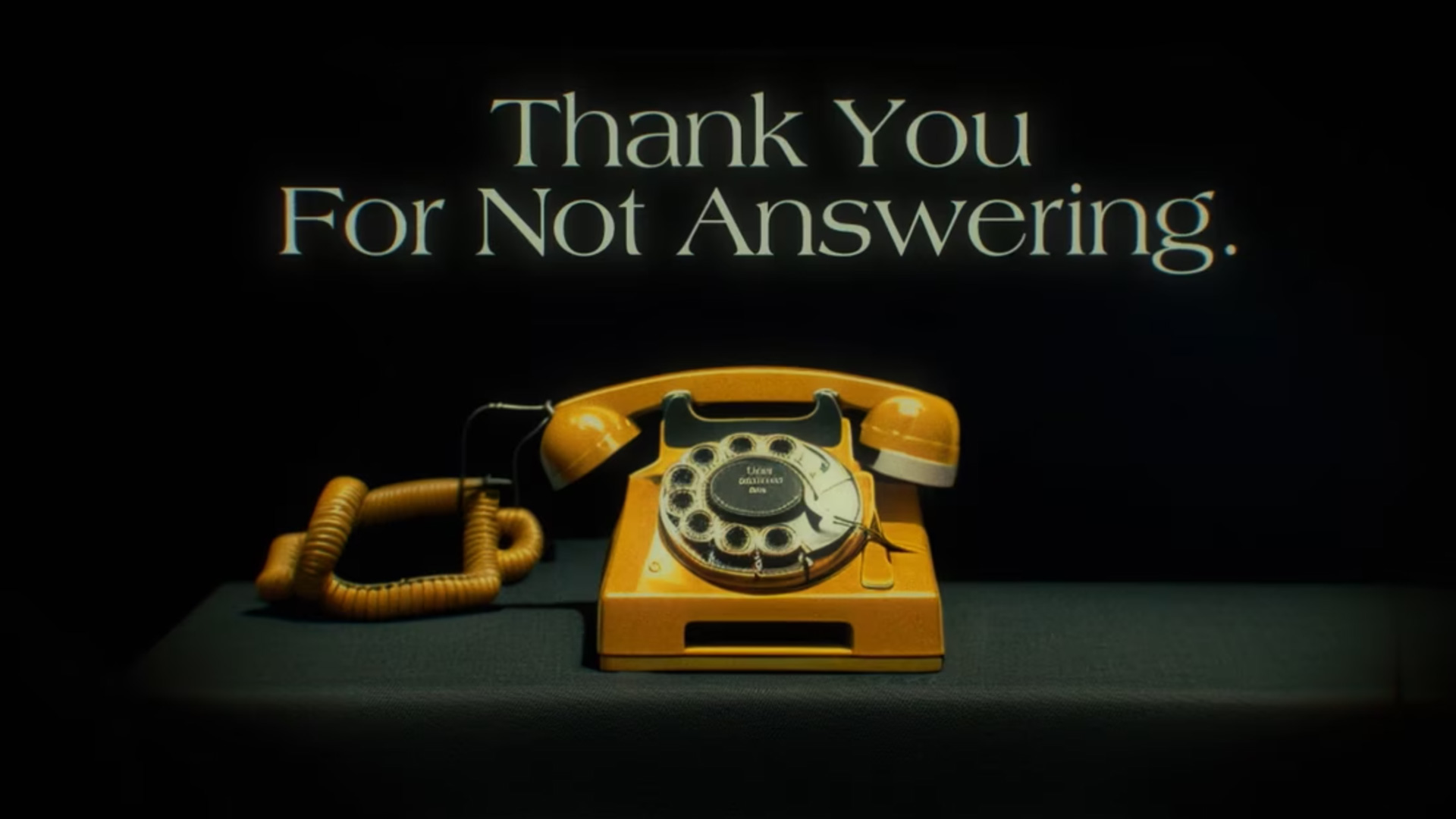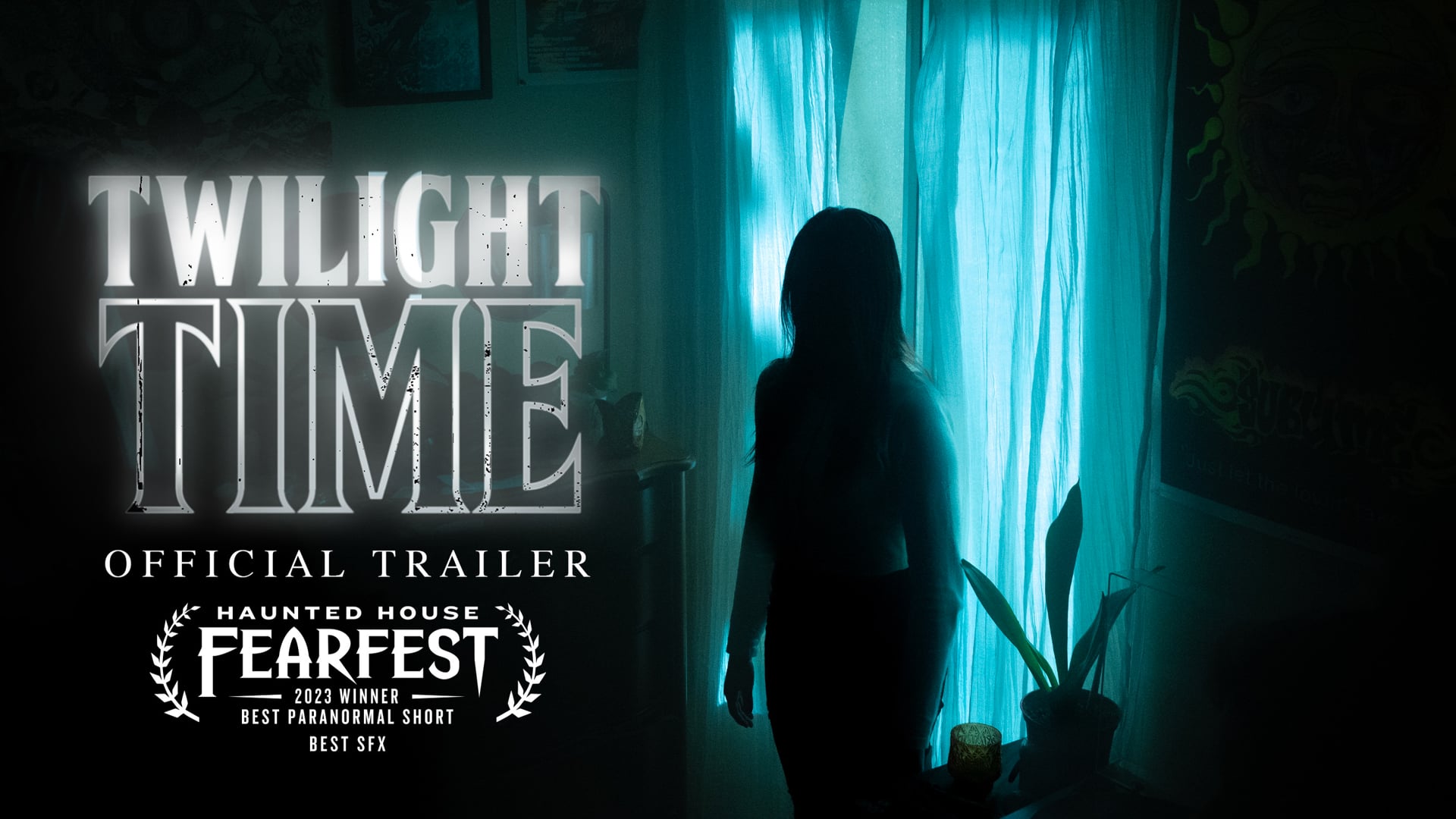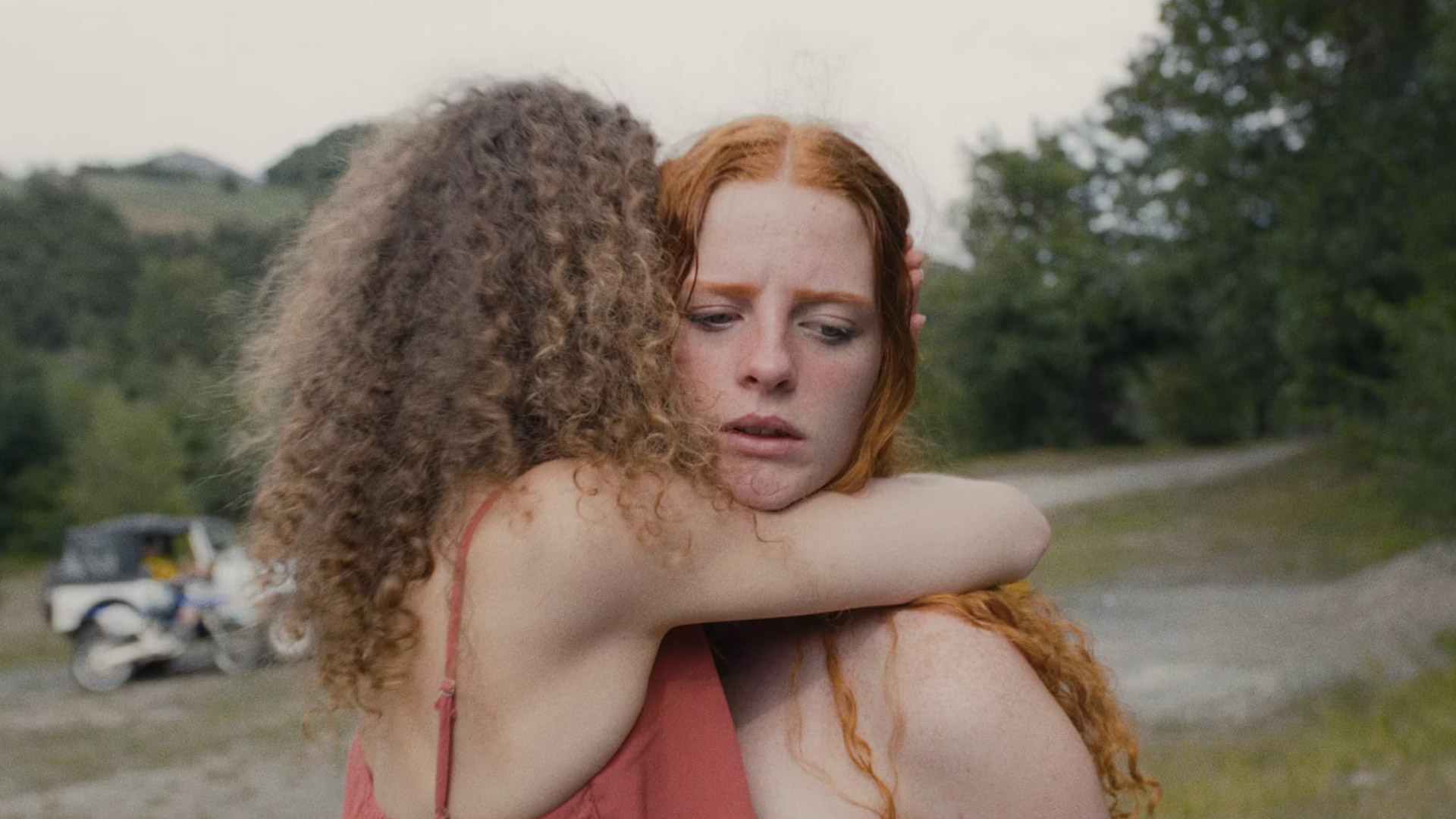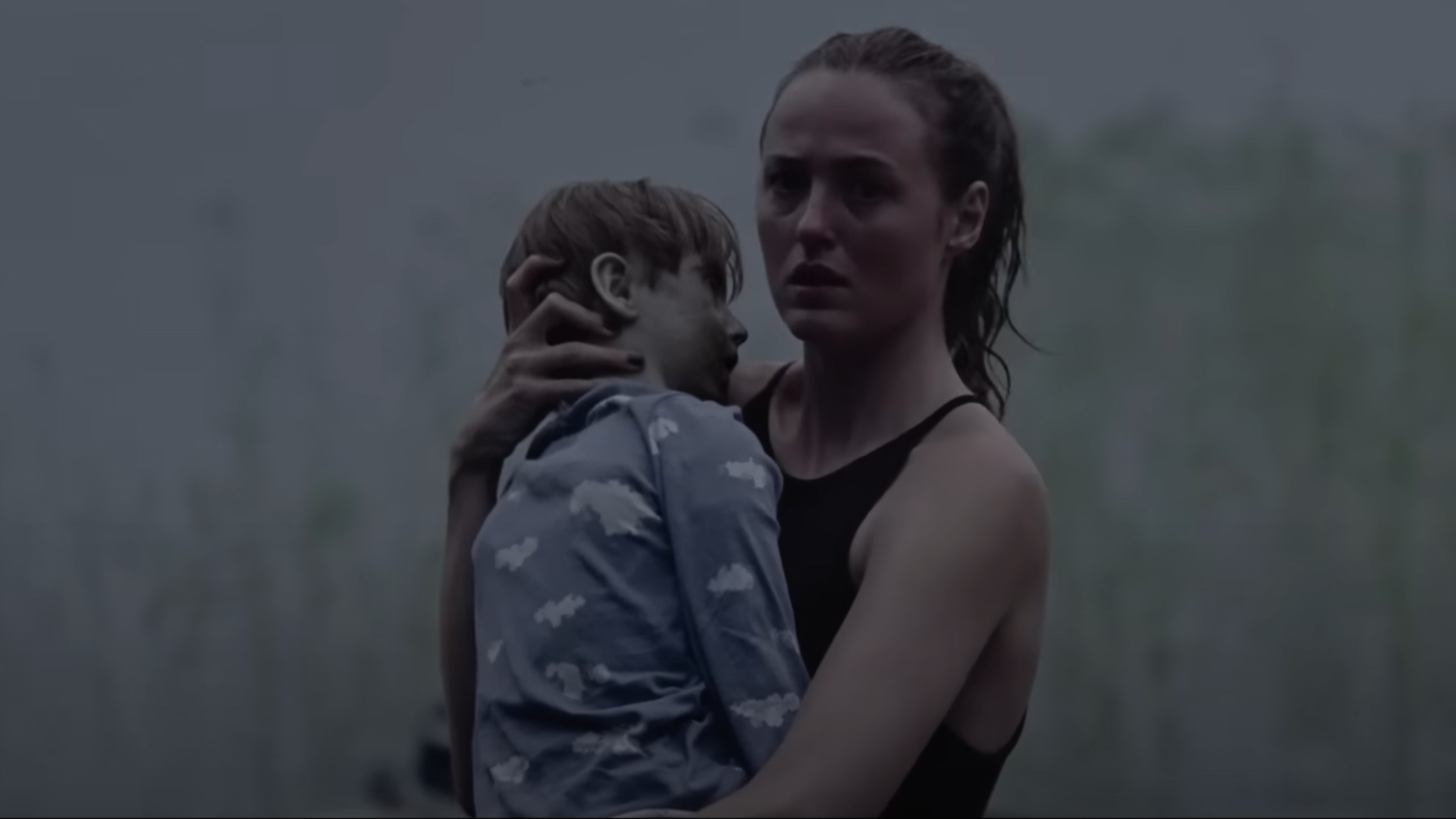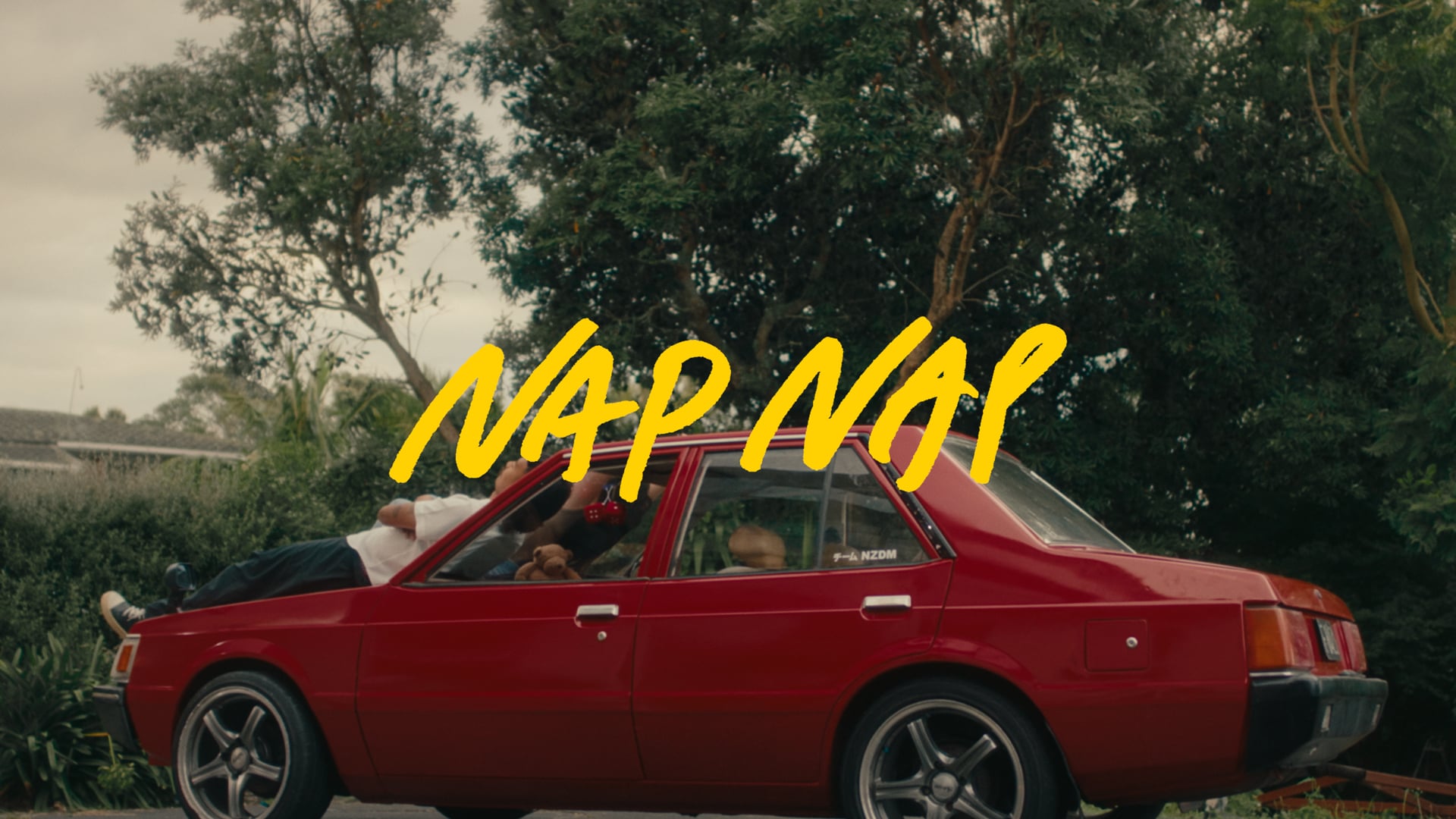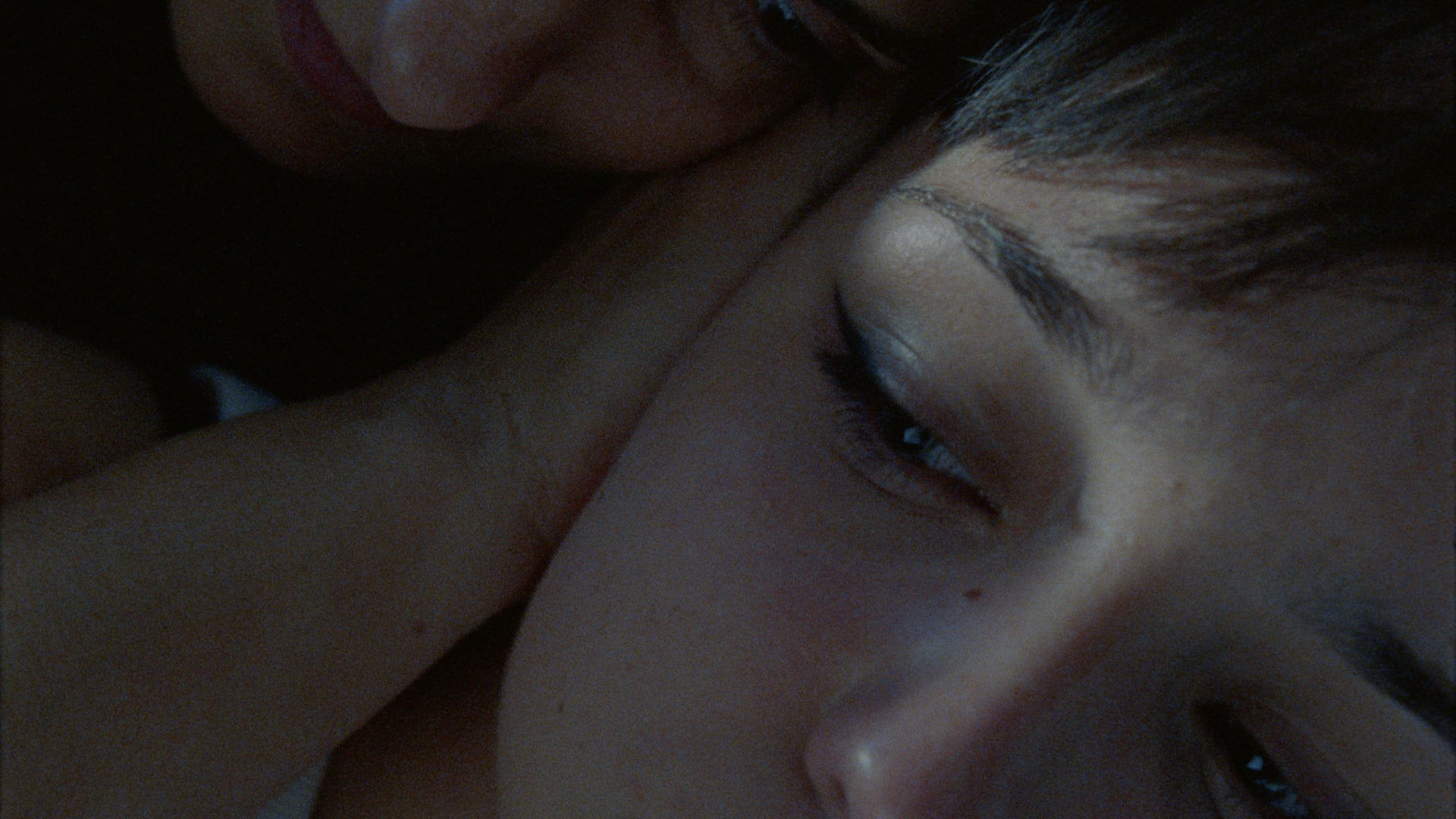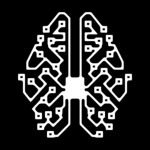Two students create a short-cut to induce hallucinogenic visions of God, and find themselves hunted by a deadly religious sect
The film opens with a flickering self-registration depicting Fallon, the protagonist, a computer science student, leaving a video-testament about his researches to his friend and colleague Harper, a film student, while trying to escape from a masked character, perhaps belonging to a cult, who’s chasing him. The footage stops abruptly. What did he discover? Nothing less than a shortcut to God.
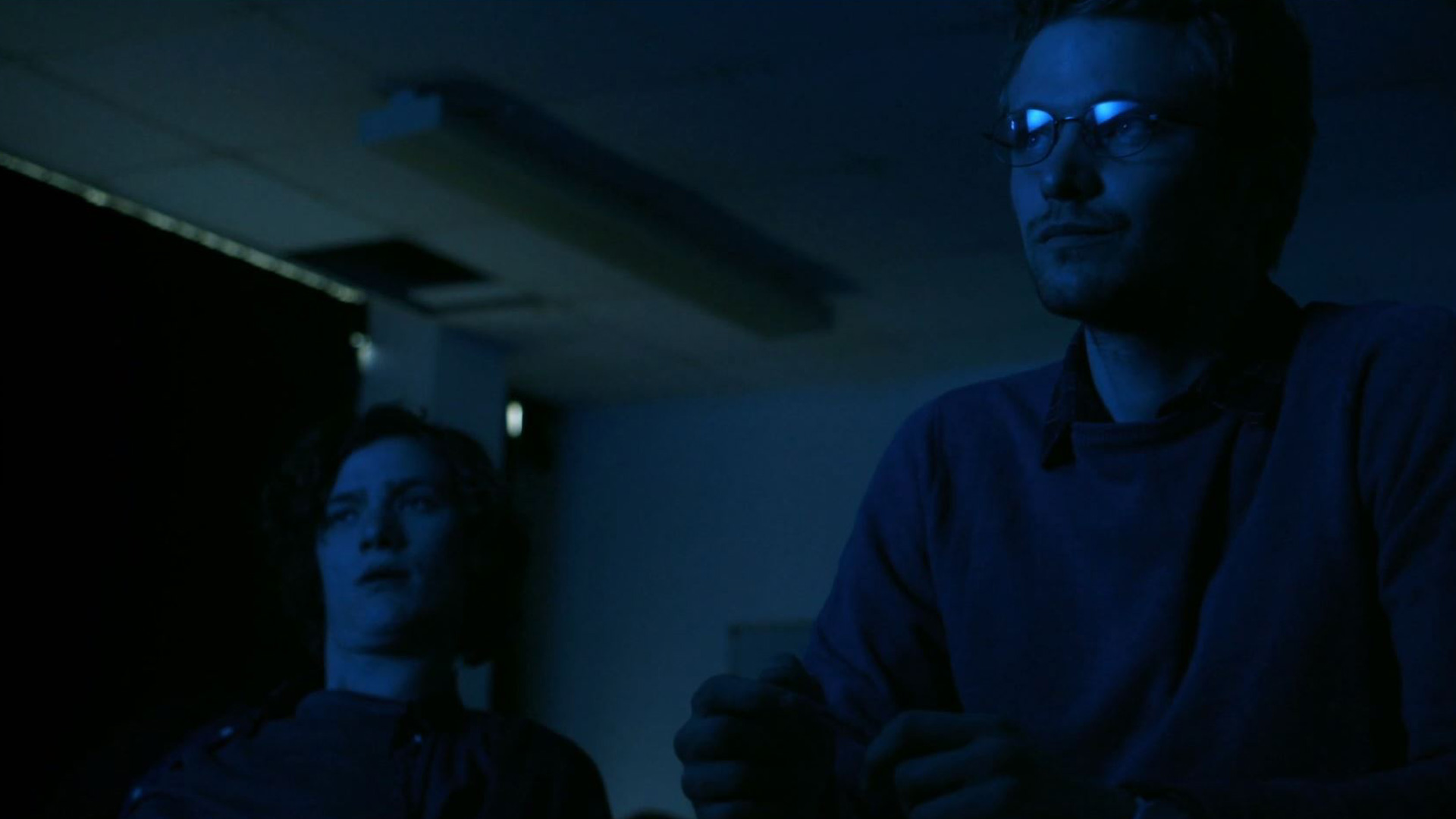
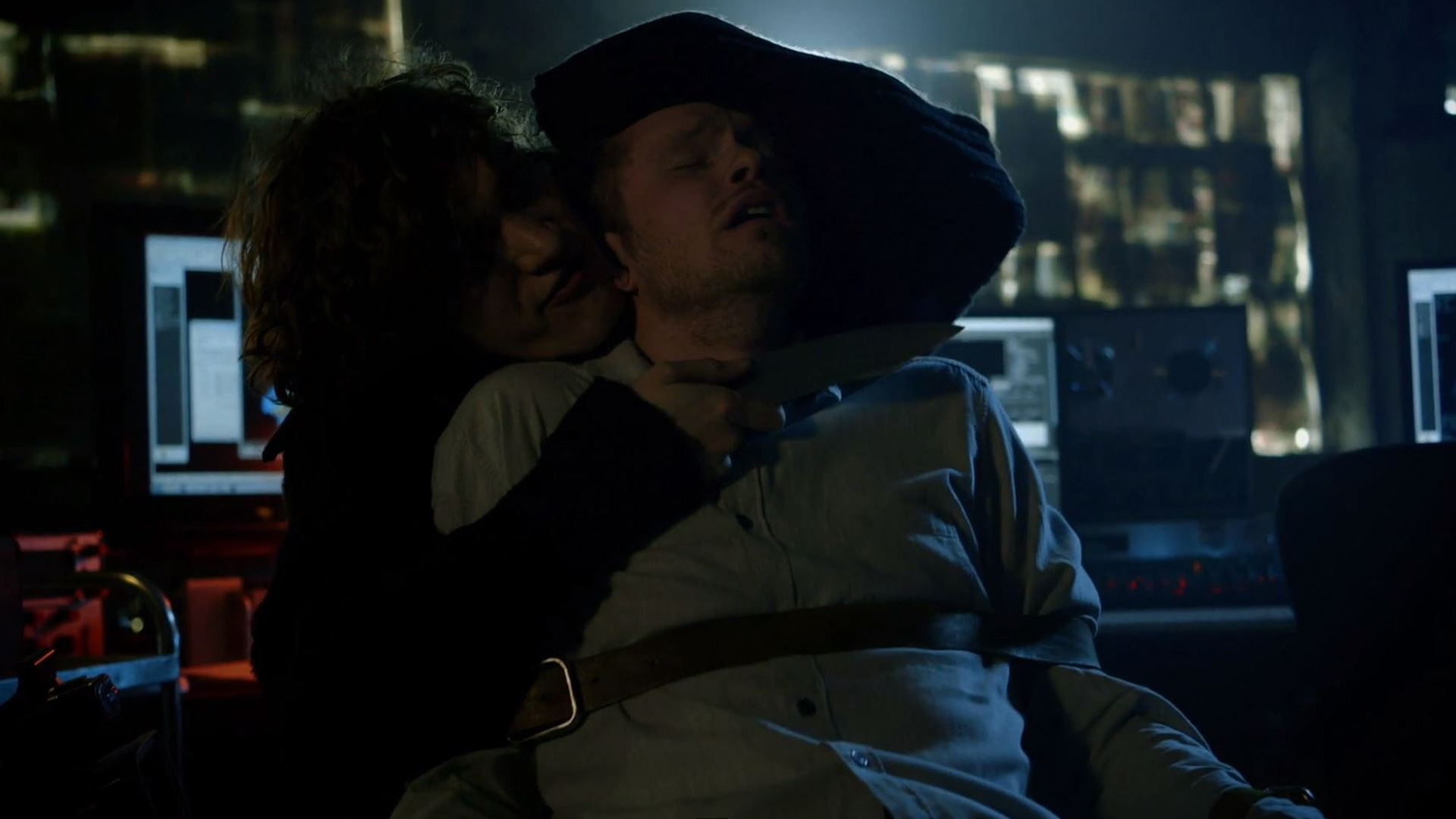
The Brain Hack was written and directed by young British animator and director Joseph White, and co-produced by LWH Entertainment and Bullion productions. As stated by the director, initially the project was much smaller, with a minimal setting, à la Duncan Jones’ Moon, essentially based on the interaction of the two protagonists in front of a computer. But, through development, the film has grown and was shot in 9 days, using about 400 set-ups, and 14 different locations: colossal numbers when compared to the usual shorts. The shots were taken with a C300, except for a few scenes done with a Canon 5D, which testify what one can do with professional yet affordable filming tools, and the savvy use of post-production software.
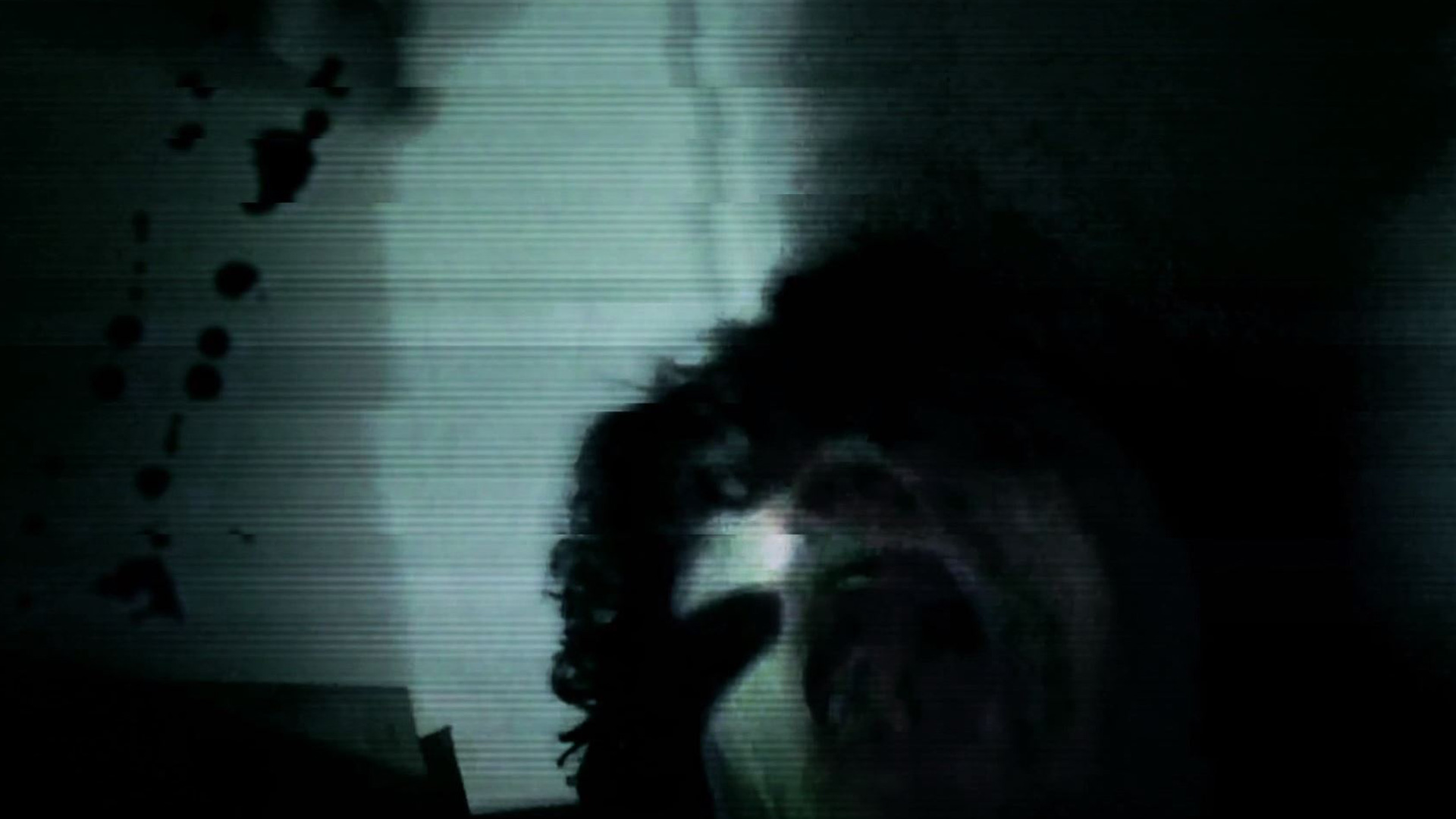
Read more The Brain Hack
